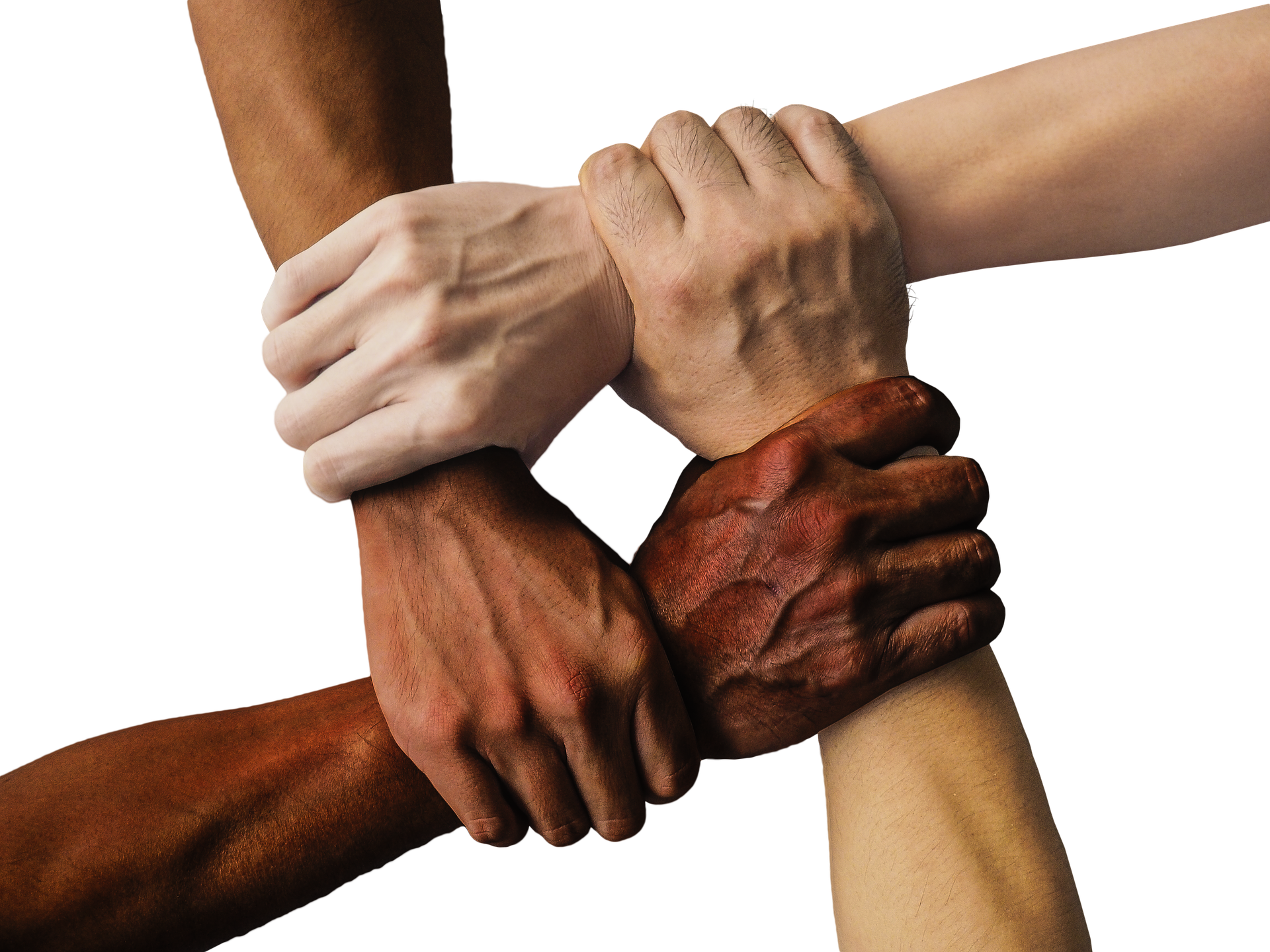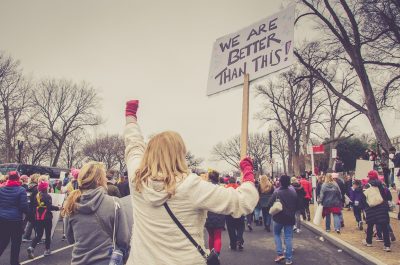On Oct. 1, I’m going to the March For Racial Justice in Providence, Rhode Island – and my motivation for participating has nothing to do with anti-Semitism.
Before I continue, I would like to share two disclaimers. The first is that many Jews actively fight for social justice and do not contribute to racism or racial insensitivity. And those who do perpetuate racism, more often do so out of a true lack of knowledge, not particularly malicious intent. The second is, I could not be prouder or happier to be Jewish. It’s my love for my faith that motivates me to verbalize the existence and persistence of this problem in our community.
Some would construe talking about racist sentiment among Jews as lashon hara, a Jewish legal term for gossiping or speaking ill of those who are not there to advocate for themselves. (You may ask yourself, “Why would we care more about gossiping than racism?” I honestly have no answer.) Some might worry that addressing this issue is a “shanda for the goyim,” a shameful critique that brings the community down in the eyes of non-Jews. But rather than using religious principles as shield-like excuses, we should adhere to our true religious values by working to better our community’s response to the stubborn ill of racism.
For one thing, letting racism persist is ultimately more shameful than discussing the problem at hand. This is not to mention that people who are racist bring shame upon themselves. Furthermore, we cannot leave this issue alone just to avoid the appearance of infighting. Like the Black community, the Latinx community, the Muslim community, or any other group, we are sometimes divided and conflicted. (Aren’t we always arguing about something?) We cannot maintain a false sense of superiority over other cultures. To pretend that we, unlike everyone else, are above internal debate would be entirely dishonest. It’s not only ok to self-critique. It’s our moral imperative.
Jews are still grappling with the fact that many of us in the United States benefit from white privilege. But it is something we have to acknowledge. Not talking about the racism we sometimes find in our religious spaces helps us keep our distance from this uncomfortable truth. Perhaps this is about anti-Semitism after all.
Maybe we’re so used to being targeted by laws and formal institutions that the claim that we explicitly benefit from “the system” seems unreal. The fact that we feel comfortable enough in our status to willfully make bigoted remarks is living proof that we fall under the privilege umbrella. It hurts me to see friends, acquaintances, and family embody this struggle. In fact, there are fewer greater disappointments than hearing my own liberal and educated parents, my two favorite people, who raised me to be just and compassionate and loving, dismiss and even scoff at some of the frustrations verbalized by people of color. These shocking rejections range from brushing off people of color’s lack of representation in the film industry to belittling claims of insufficient racial intersectionality in activist, professional, and academic circles.
In Pirkei Avot, the Jewish code of ethics, Rabbi Shimon ben Gamliel said, “On three things the world rests: on justice, on truth, and on peace.” (1:18) We need to be truthful about what we feel and about who we are. We need to listen to the texts that created and continue to bind our community by acting justly and righteously on others’ behalf. If we can’t do that, reach that low bar, we can’t do anything.
You know where I’ll be on Oct. 1. Come march with me, for all of us.
Margo Blank is a senior studying history and political science at Boston University. She is the AMUJS – New England External Affairs Officer.


